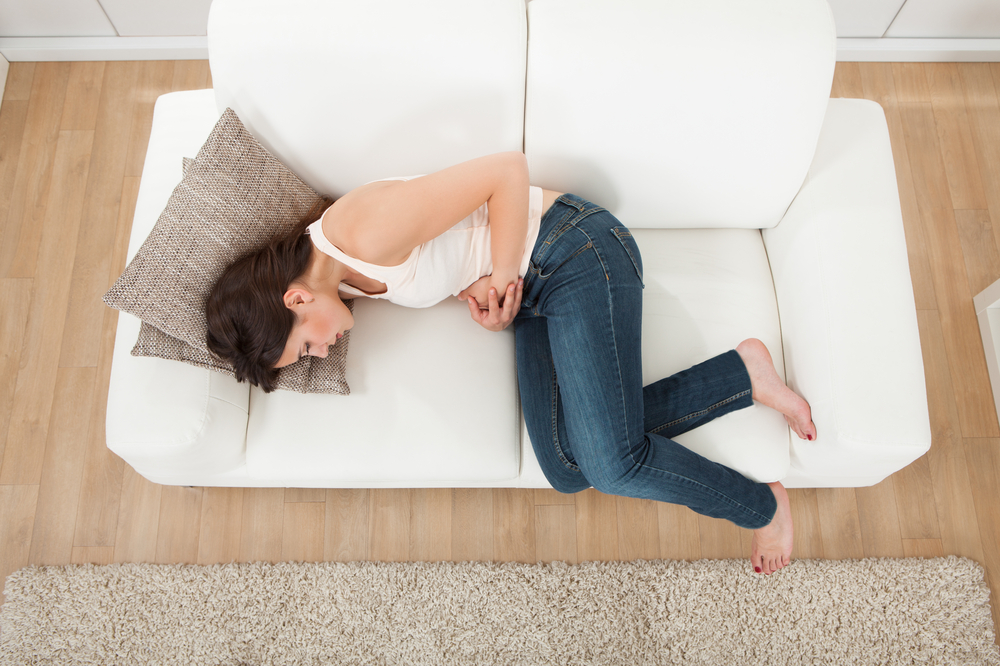I get PMS symptoms two weeks before my period comes, and it’s terrible! Is this normal, and what can I do to make it better?
Part of being a woman is experiencing the physical and emotional craziness that happens one to two weeks before your period. For some, the symptoms may be slightly noticeable and for others it can be debilitating, affecting school, work, relationships and life in general. To qualify as Premenstrual Syndrome (PMS), the symptoms must be severe enough to interfere with normal life activities.
Typical Symptoms
- Emotional changes-mood swings, depression, crying spells, irritability and anxiety
- Physical changes-bloating, breast tenderness, weight gain, food craving and acne
Treatment
The majority of symptoms caused by PMS can be treated with diet, exercise, and avoiding certain foods. Most women suffering from PMS symptoms find immediate comfort in all the wrong foods.
Diet
- Limit dairy, salt, sugar, caffeine, alcohol, and salty food.
- Drink as much water as possible, 2-3 liters a day is ideal.
- Vitamins such as E and D, calcium, thiamine, magnesium and omega 3-fish oil are helpful.
- Eat healthy foods, including fresh fruits and veggies, proteins (fish and chicken), and complex carbohydrates such as whole grains and brown rice.
- Eat foods that are natural diuretics to reduce the bloating and swelling such as celery, cucumbers, watermelon, tomatoes, asparagus, lemon juice, garlic, melon, and lettuce.
- Green tea is a great natural diuretic and can serve as a comforting beverage.
Exercise/Body Movement
- Exercise may be the last thing you want to do when overwhelmed by PMS but regular exercise 4-6 times a week for a minimum of 30 minutes is useful.
- Acupuncture, yoga and mindfulness can control mind mood changes and other emotional side effects of PMS.
Medications
- Non-steroidal anti-inflammatory meds such as Advil and Motrin help with cramps.
- Oral contraception or “the pill” helps control your hormones, cramps, and acne.
- Anti-depressants or anti-anxiety medications are useful if depression and mood changes prevent you for doing your regular daily activities, losing sleep or feeling helpless. Therapy may also be recommended.
If you find yourself “Pretty Much Suffering” the majority of the month, help is available. Talk to your health care provider to discuss what symptoms are most disruptive, so your treatment can be tailored specifically just for you.
Cover image courtesy of Shutterstock.





comments